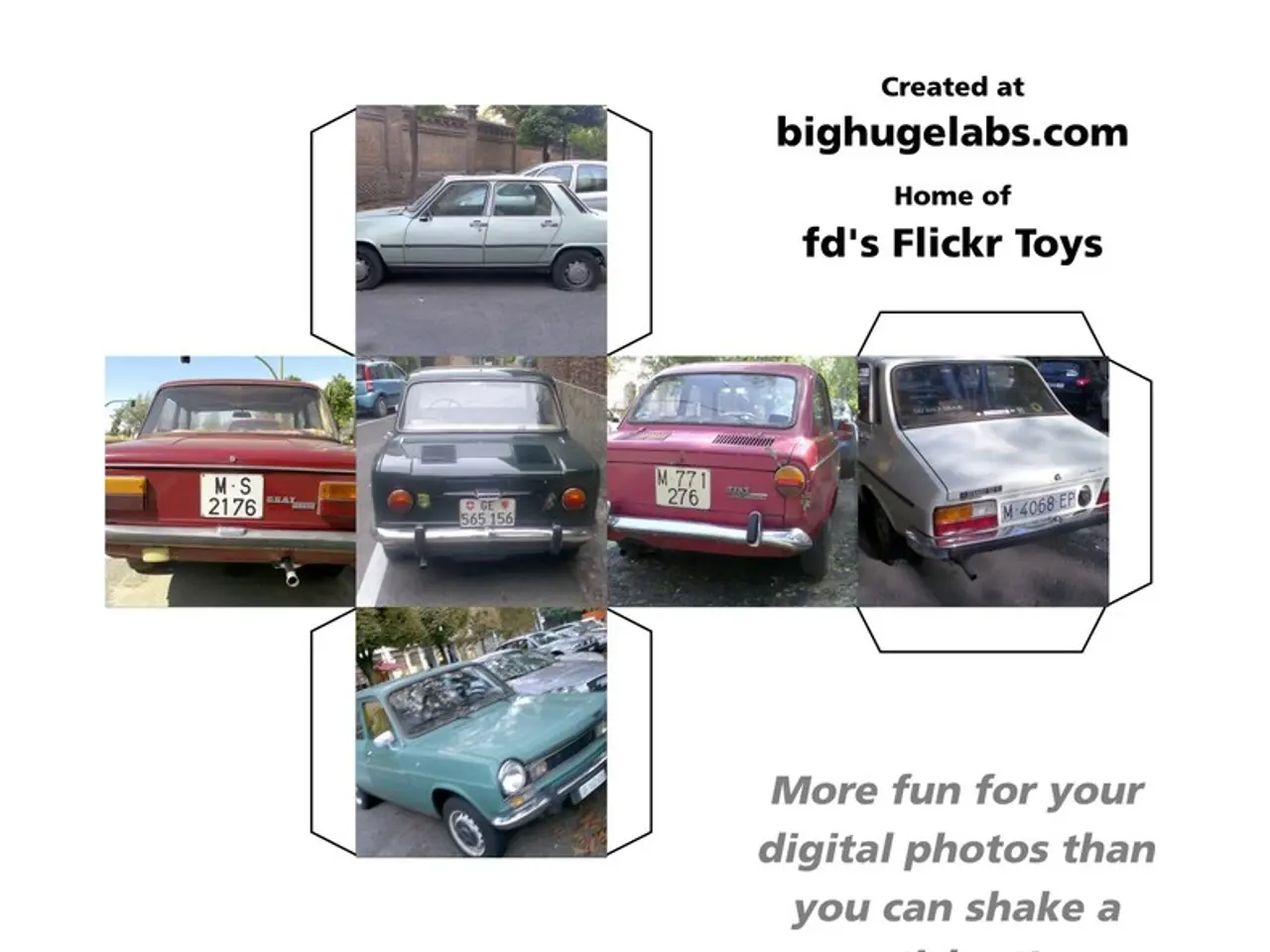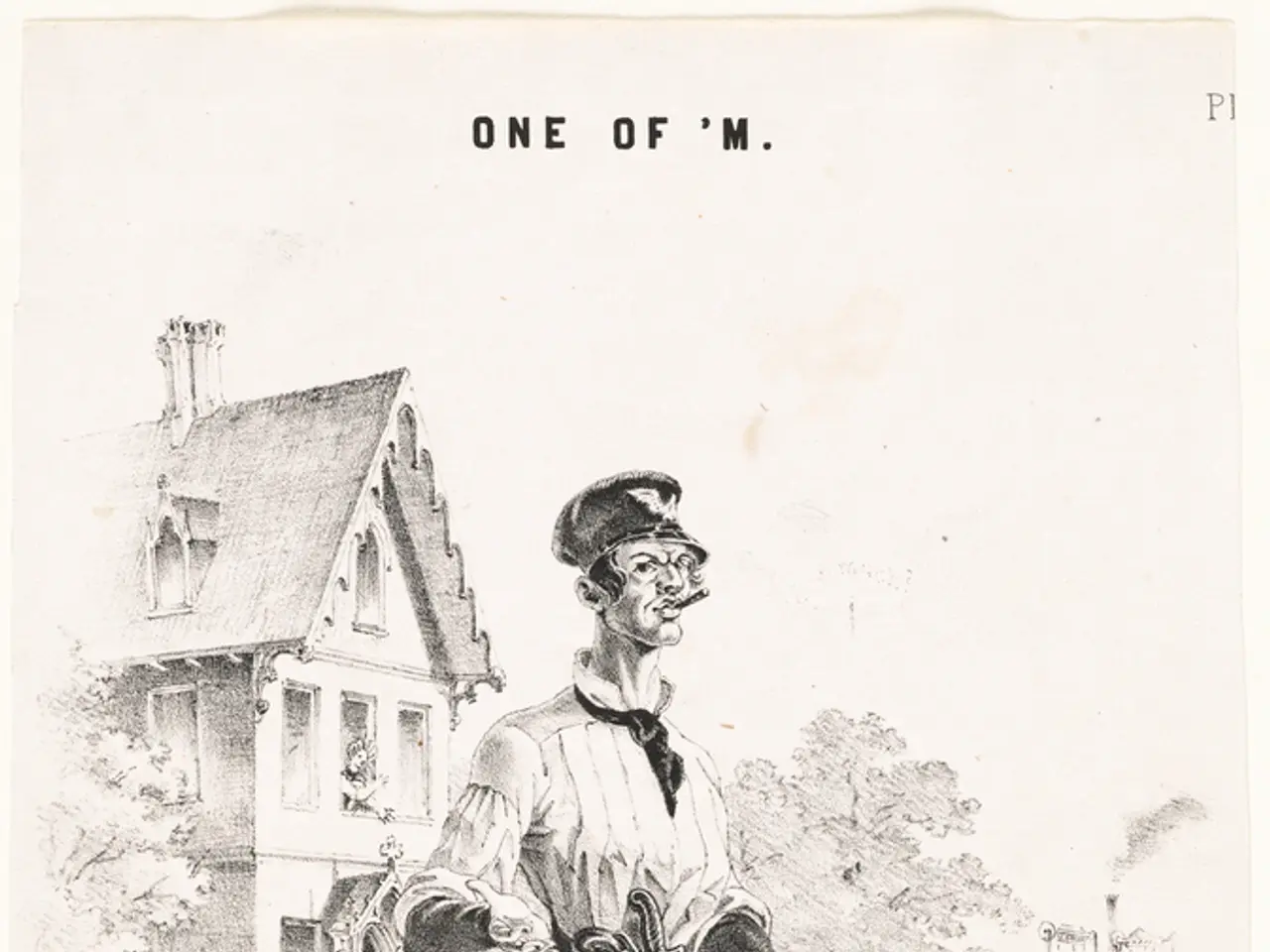Prices Experiencing a Slump Early in July, Except for Electric Vehicles and Trucks
Wholesale Used-Vehicle Prices on the Rise Amid Market Volatility
Wholesale used-vehicle prices, including electric vehicles (EVs), are experiencing a surge due to a combination of factors such as tariff-induced volatility, supply constraints, and rising new vehicle costs. These trends are expected to drive more appreciation in used-vehicle values in 2025 than in recent years.
Tariffs on imported vehicles and parts are causing an average increase of $5,700 on new vehicles made outside North America, and over $1,000 on domestically assembled vehicles. This cost pressure on new vehicles is encouraging consumers to turn towards used vehicles, thus boosting wholesale used-vehicle prices. The impact of tariffs is expected to become more pronounced in the second half of 2025, potentially slowing new vehicle sales growth and boosting used vehicle demand correspondingly.
The ongoing tight supply situation, due to lower production rates during the pandemic and fewer lease maturities, is supporting stronger used vehicle prices as demand outstrips availability.
Forecasts for the end of 2025 have been revised twice—from a modest 1.4% increase over 2024 levels to a 1.8% year-over-year increase by July 2025. This indicates a stronger appreciation driven by consumers shifting to used vehicles amid tariff uncertainty and higher new vehicle prices.
For electric vehicles, tax incentives, such as credits or rebates for EV purchases, can affect demand patterns, while tariffs on EV components or vehicles imported from outside North America could increase costs. If tariffs raise prices on new EVs, the demand for used EVs may rise, pushing up their wholesale prices. Conversely, generous tax incentives for new EVs could moderate used EV price increases by stimulating new EV sales.
The current market volatility due to tariffs leads to higher prices overall for new vehicles, which cascades into higher used vehicle prices, including potentially EVs. However, tax incentives aimed at promoting EV purchases might partially offset some of this pressure by encouraging new EV sales, but tariff-related costs pose headwinds. Continued uncertainty about tariff policies further contributes to market volatility.
In the recent past, wholesale used-vehicle prices dipped 0.7% from June levels in the first 15 days of July. Despite this dip, unadjusted prices are still up 2.8% year-over-year. Wholesale supply stands at 25 days, unchanged from the end of June and three days lower than the same time last year.
Electric vehicles (EVs) surged 6.8% year over year but dropped 2.1% compared to June. Luxury vehicles posted a 5.6% annual gain but slipped 1.4% month over month. Trucks rose 0.5% from June and are up 0.8% year over year.
Cox Automotive reports that supply and demand are currently well balanced, but lower supply could help support prices as dealers look ahead to supply shortages, high interest rates, and consumers' financial skittishness. The dip in the average daily sales conversion rate signals a modest cooling in wholesale demand, suggesting early July's depreciation may be heavier than usual.
Historically, July sees a 0.7% decline for the full month, implying that the early July depreciation is sharper than typical. The Manheim Used Vehicle Value Index (MUVVI) registered 206.9 mid-month, a 2.6% increase year-over-year. Proposed tariffs may still affect the used-vehicle market, as reported earlier.
Electric vehicles (EVs) in the sports category might see escalating wholesale prices due to the ongoing tariffs, given that tariffs on imported EV components or vehicles can increase costs, potentially leading to a rise in demand for used EVs. In line with overall market trends, the increasing tariffs on new vehicles are contributing to higher used vehicle prices, including potentially the prices of used electric sports vehicles.







